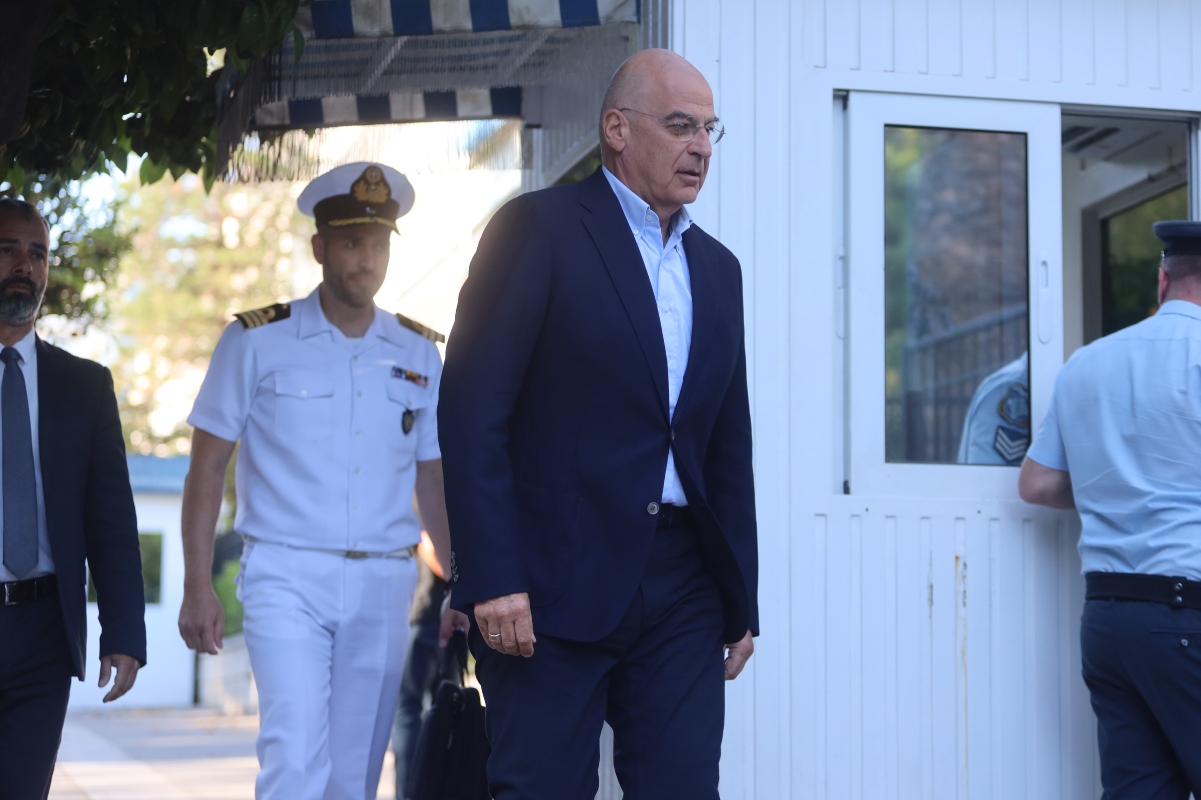Greece is grappling with heightened security concerns and potential economic fallout following an emergency meeting of the Government Council for National Security (KYSEA) yesterday, prompted by escalating tensions between Israel and Iran.The meeting focused on the risk of Iran closing the Strait of Hormuz in retaliation for a recent U.S. strike, a move that could disrupt global trade and directly impact Greece’s vital shipping industry.
Strait of Hormuz at Risk
Greek authorities estimate that Iran may temporarily close the Strait of Hormuz, a critical chokepoint for global oil and trade. Approximately 250 Greek-owned vessels are currently operating in the region, prompting the Ministry of Shipping to issue continuous safety advisories. The government has urged Greek-flagged and Greek-interest ships to remain in safe ports until the situation stabilises. The potential closure’s duration and its ripple effects on the global economy remain uncertain, fueling anxiety in Athens.
Prime Minister Kyriakos Mitsotakis has repeatedly called for a diplomatic resolution to de-escalate the crisis, emphasising Greece’s commitment to regional stability. “Our priority is the safety of Greek citizens and our maritime interests,” a government statement reiterated.
Security Measures Intensified
Greek security forces are on high alert for possible provocations or terrorist attacks targeting embassies, airports, ports, and other key infrastructure. The recent terrorist attack on the Greek Orthodox Church of Prophet Elias in Doueilaa, Damascus, which killed at least 20 and injured 52, has heightened fears of further violence. Authorities worry that such incidents could trigger a new wave of migration from Syria, compounding existing challenges.
Migration Crisis Looms
A surge in migratory flows has already raised alarms. Over the past two days, 1,000 migrants crossed into Greece from Libya, and officials warn that sustained inflows at this rate could soon overwhelm resources. Foreign Minister Giorgos Gerapetritis is set to visit Libya to discuss maritime zones and migration management. The issue will also be raised at today’s EU Foreign Affairs Council meeting, where Greece will seek coordinated European support.
Greek Orthodox Community in Shock
The Damascus attack has sent shockwaves through Greece’s Orthodox community, with fears that continued violence in Syria could drive more refugees toward Greek shores. Government spokesperson Pavlos Marinakis expressed deep concern, stating, “We urge all parties to show restraint and resume dialogue to prevent further escalation.”
Greece’s Diplomatic Stance
Greece remains steadfast in its position that Iran must not acquire nuclear weapons and that diplomacy is the only viable path forward. Marinakis underscored Athens’ commitment to protecting its citizens and maritime assets in the region, while calling for international efforts to stabilise the Middle East.
As tensions simmer, Greece is bracing for potential disruptions to its shipping industry, heightened security risks, and a possible influx of migrants, all while advocating for peace and diplomacy on the global stage according To Vima
Source: pagenews.gr
